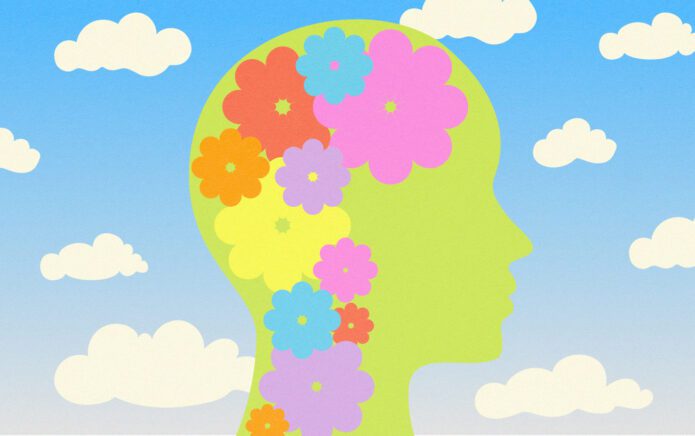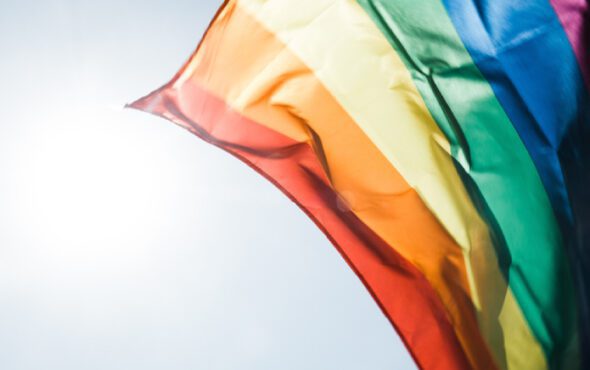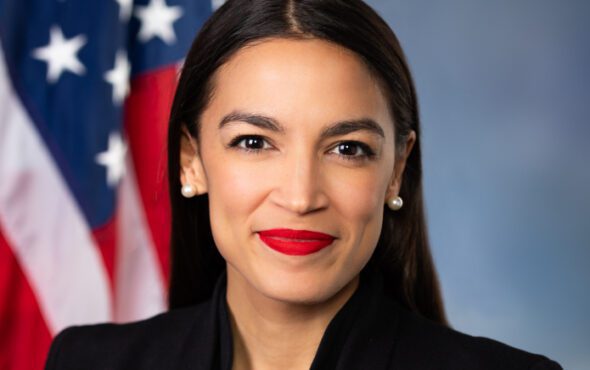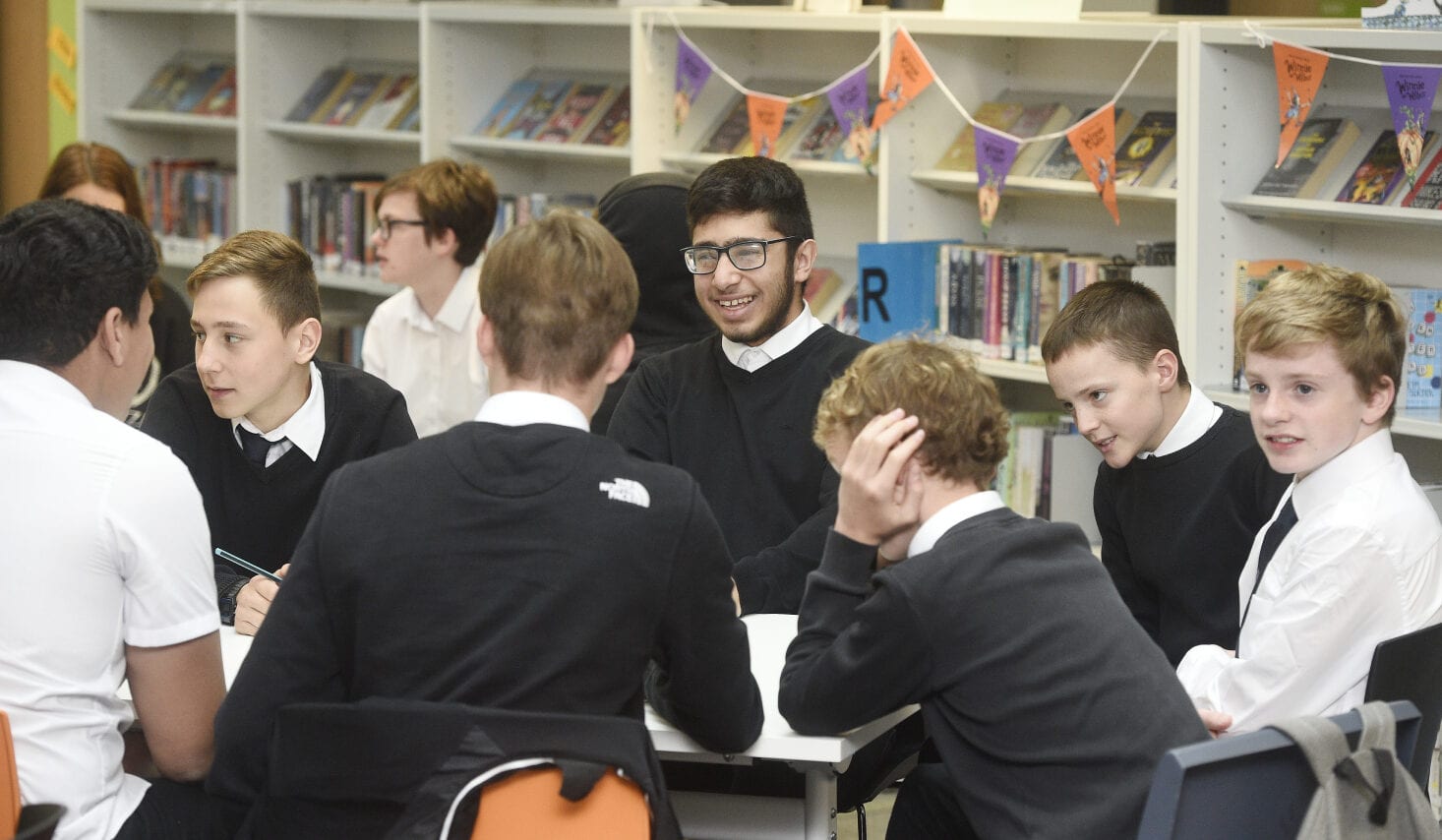
My generation went to school during Section 28. We won’t let you forget it, either. Many of us, (me particularly) have talked about it a great deal since. “I was at school during Section 28” goes the refrain, “and we learned nothing about LGBT people at all”. Cue shocked faces.
Perhaps surprisingly for someone who runs an education charity, I struggled at school. My memories are scattered and incomplete, but the words “Run faster you poof!” shouted across a playing field by a PE teacher will always ring in my ears. I remember hiding from people who meant me harm for what felt like years of my education. I remember random, sporadic acts of violence. I remember the seething contempt of everyone around me. I developed a sense of alertness and caution that hasn’t left me to this day. I honestly have no idea whether my sexual orientation was a factor. They hated me, that’s for sure, and I hated them right back.
While some people during the nineties were taught being LGBT+ was wrong, the majority of us probably weren’t taught anything at all. As someone who has trained LGBT+ adults for much of the past five years, I have lost count of how often I have heard “I thought I was the only one”. What is the collective impact, I wonder, of huge sections of the population spending years believing they are completely alone?
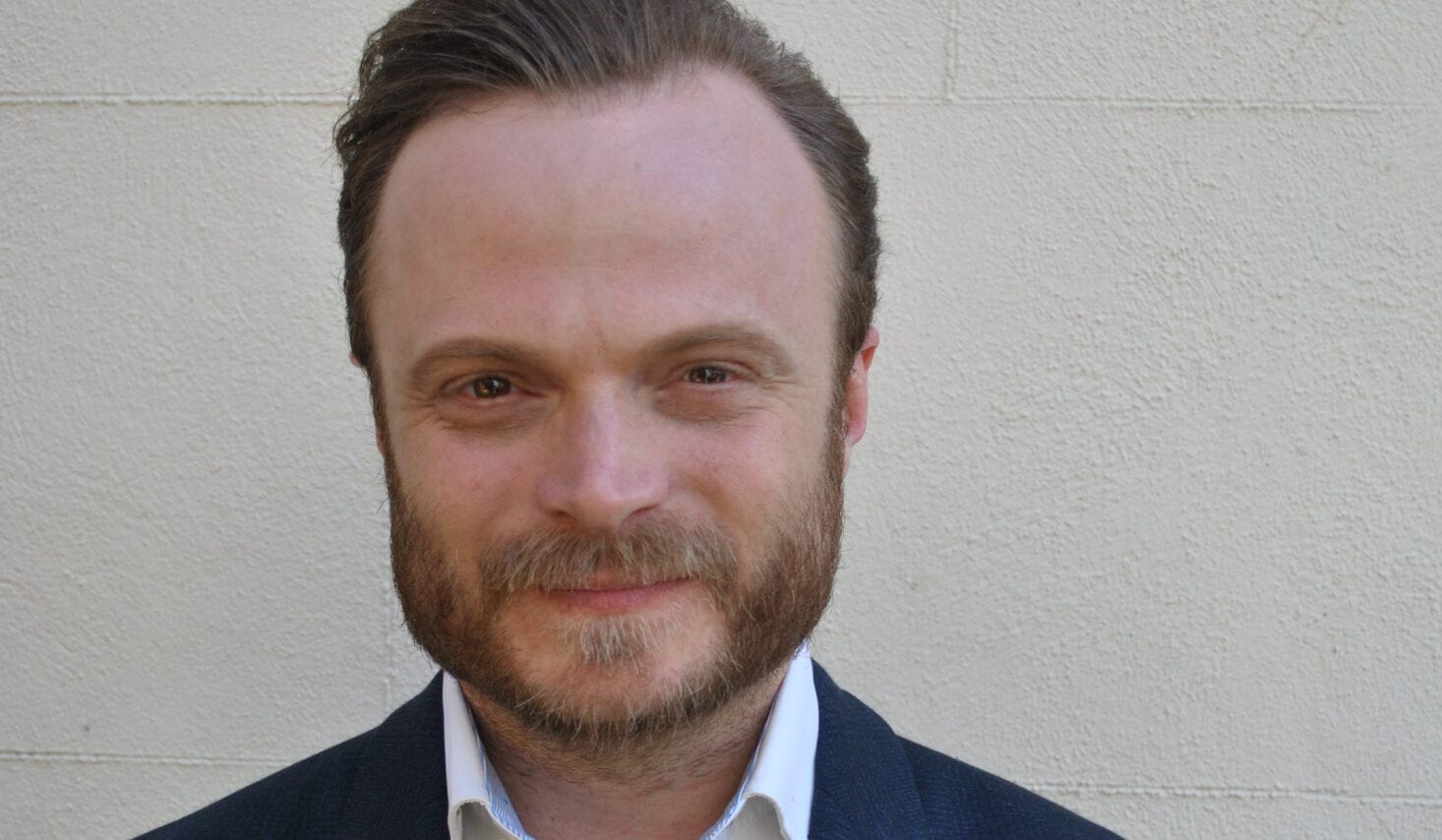
I have long believed that effectively gaslighting young people into believing they don’t exist is one of the most peculiarly cruel things we could ever do to our children. Deprived of reference points, young people will find whatever they can to cling on to (in my case, various rakish musicians in stage-makeup and gold trousers – I did say it was the nineties). Knowing children seek these reference points, we have spent the last four years sending LGBT+ role models into schools to speak with children. Over 50,000 young people across the country have seen one of our talks. Imagine a gay person, standing in your school, just being gay. I am not sure if you had told me such a thing was possible at 15 I would have understood what you meant.
Through doing this work I have unfortunately come to believe that the “Back in Section 28 days” language breeds a convenient lie that many of us would rather believe: that schools nowadays are all much better. Section 28 was of course a terrible thing for LGBT+ people, but our assumption things have gotten much better across the board are misplaced – we have simply gotten older.
At Just Like Us, the charity for LGBT+ young people, we work with schools who do amazing things, like celebrating School Diversity Week or organising Pride Groups – spaces where LGBT+ young people and their allies can meet safely to talk, influence school policy or work on campaigns. But it’s really important not to overstate our progress, and for those of us who work in this field, not to show off. We aren’t done yet. It simply isn’t true that everything is better. Not really. Huge numbers of schools still completely ignore the existence of LGBT+ people. Huge numbers of young people still grow up believing they are completely alone. Some, devastatingly, don’t grow up at all. Somehow, we have framed being LGBT+ as being white, atheist, cisgender, and male, replicating everything we hated and complained about.
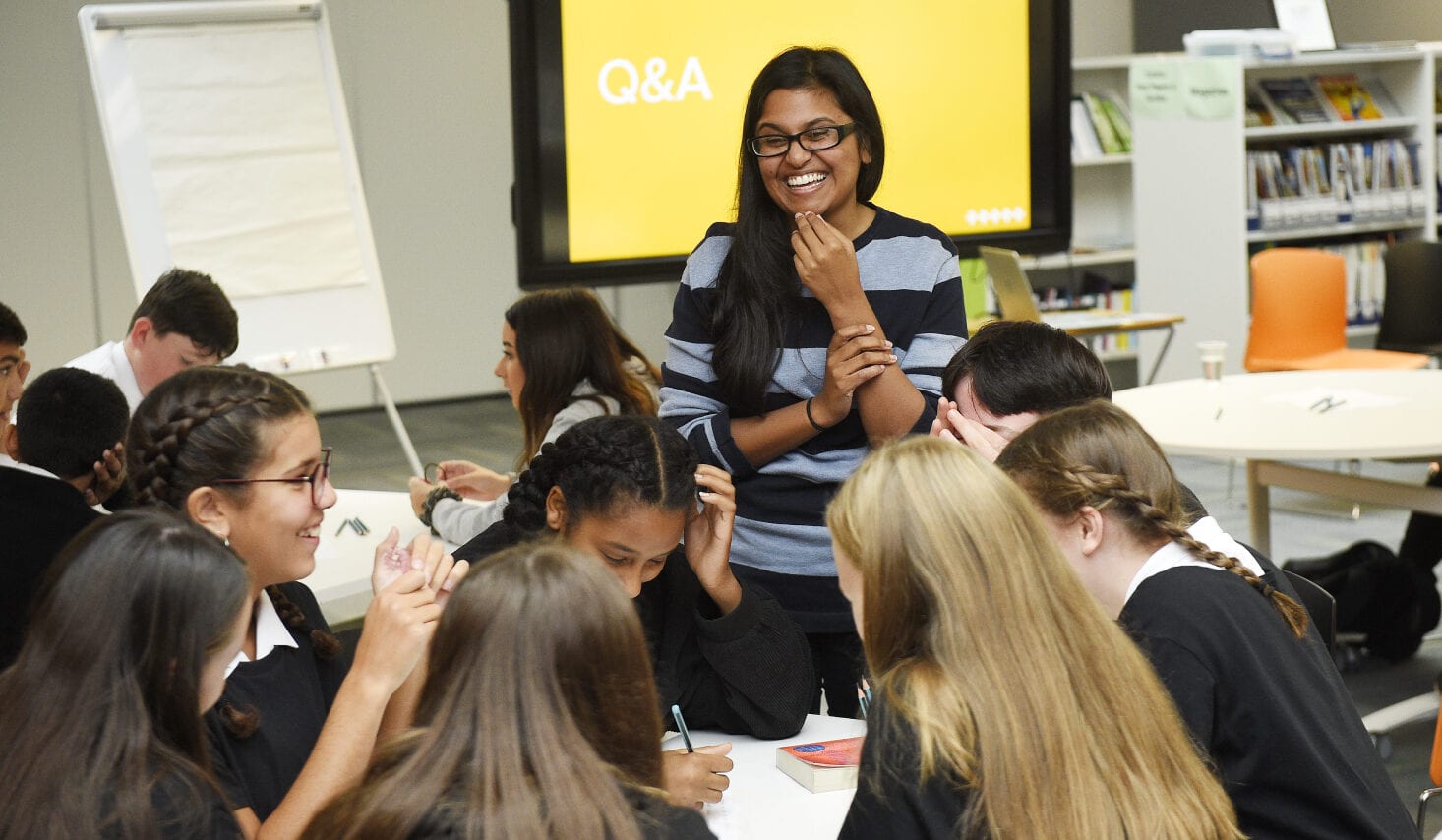
Tempting as it is to view legislation as both the cause and the solution of our problems, culture (and perhaps, habit) can be harder to shift. Schools will always be at different points in their journey, with some pursuing a radical agenda of inclusion while others have huge problems with governors, parents, staff and students in even getting this work off the ground.
Whether or not you are LGBT+, you have an important role to play in this. If heterosexual parents asked schools about LGBT+ inclusion before their kids started school, more schools would consider this work a priority. For both LGBT+ and non-LGBT+ people, one of the most effective things you can do is ask your school what they are doing to support LGBT+ students (If you don’t get an answer you like, tell them to come and see us).
Of course, we would be thrilled if all schools across the UK chose to take part in School Diversity Week in June. We want everyone to celebrate LGBT+ people and the richness of diverse and vibrant culture throughout the curriculum. We would love to see a Pride Group in every school. But in 2021 my plea to all schools is this: Just tell LGBT+ children they exist.
For more information about Just Like Us, the LGBT+ young people’s charity, visit their website here.
